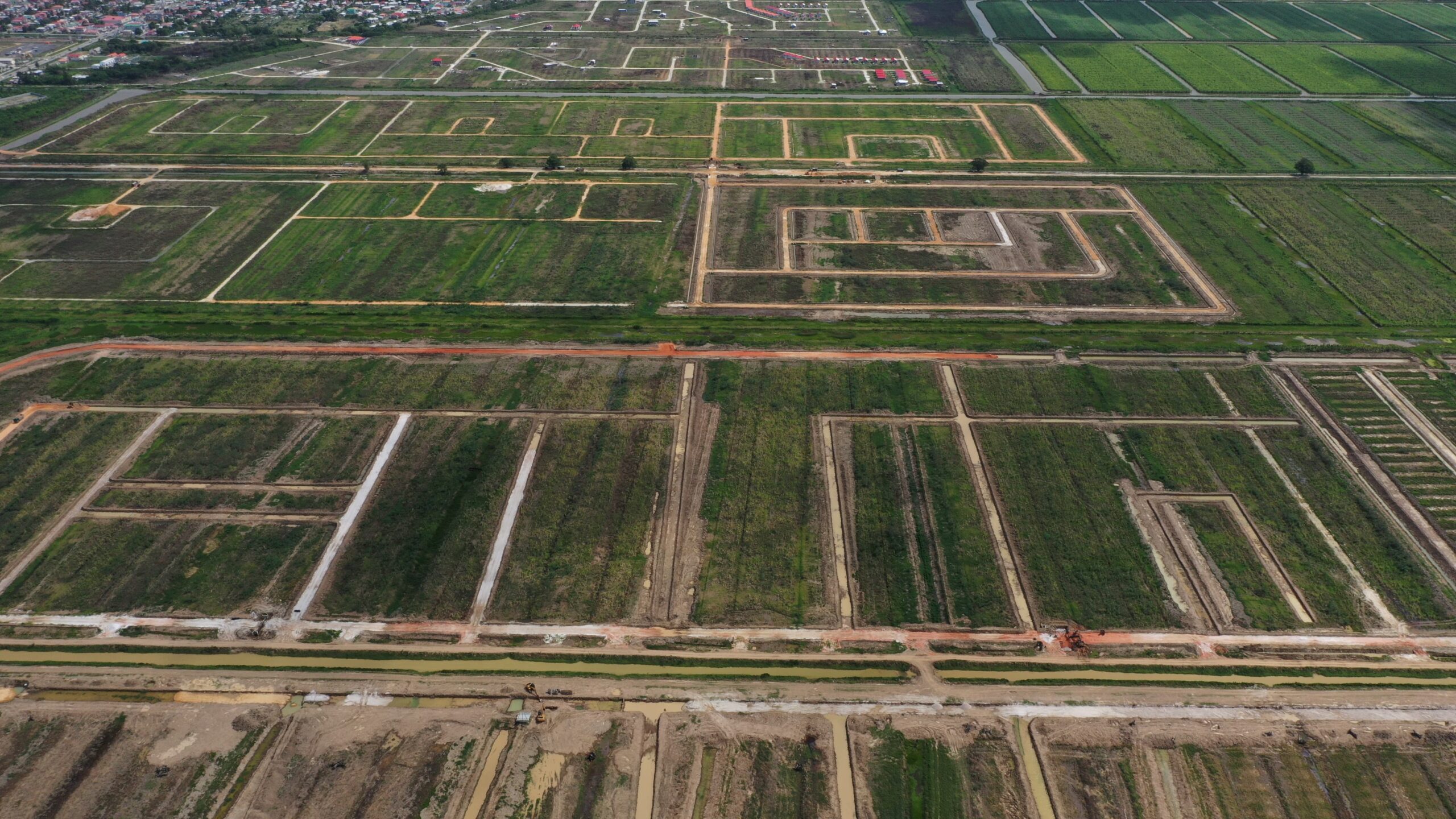Americans’ cost of living is rising faster than it has for three decades, with food and fuel driving the increases.
The consumer prices index for October showed prices rose 6.2% over the last twelve months. It marks a sharp jump from September when prices were already rising at 5.4%.
Inflation has been a growing concern for shoppers and policymakers this year as the impact of the pandemic persists.
The BBC reported on Wednesday that rising prices in the US for food, shelter, used cars and trucks and new vehicles were among the larger contributors, the Bureau for Labour Statistics said.
Meat, fish and eggs rose more than other foodstuffs, while petrol, or gasoline, prices are at seven-year highs. Almost every sector saw some price inflation, except for airfares and alcoholic beverages.
Bottlenecks in the supply of some goods, combined with increasing demand from customers as the vaccine programme allowed the economy to reopen, are partly to blame for the rises.
A shortage of staff has prompted employers to raise wages in some sectors, too, which in turn can feed into higher prices.
Even excluding the cost of food and fuel, which tend to be more volatile, prices were rising strongly at 4.6%.

Measures by Guyana government
Apart from posing a public health crisis, COVID-19 has also severely affected the global economy and financial markets.
This has triggered shortages in production and supply of goods on the global market, a disruption in shipping with world record pricing and a short supply of containers and cargo space. This has created a ripple effect globally, driving worldwide increases in inflation and cost of living.
The Irfaan Ali-led Guyana government has been cushioning external prices with cash transfer and removal of taxes on a slew of items over last year.
The government has been implementing measures in the midst of the pandemic to help citizens navigate these unprecedented times, with the removal of Value-Added Tax (VAT) on water and electricity, as well as on basic food items, basic household necessities, and on medical and educational supplies.
The Ali-administration also moved to make home ownership and home construction more affordable by removing the VAT on basic construction materials, increasing the ceilings on low income mortgage loans from $8 million to $12 million and on loans granted by the New Building Society from $12 million to $15 million, and doubling the ceiling on loans eligible for mortgage interest relief from $15 to $30 million.
Two major sets of interventions were also made to help farmers affected by flooding caused by the May-June rains, as well as to ease the impact of imported freight charges on the cost of living.
President Ali had announced a $7.8 billion package of assistance to farmers and households to help get them back on their feet and help bolster production in the wake of the devastating floods they faced, while a cap was introduced on the freight charges used to calculate taxes on imports.
Additionally, a further set of measures were announced, aimed at providing $2.6 billion worth of additional support to the most vulnerable in society.
These include a one-off grant of $25,000 to all old-age pensioners, equivalent to one month of old-age pension, benefitting 65,000 persons; a one-off grant of $25,000 to all public assistance recipients and persons living with disabilities, benefitting 25,000 persons; and an electricity credit paid to GPL on behalf of households consuming not more than 75 kilowatt-hours per month.
The credit to each household is equivalent to one month of their electricity bill, and will inject more than $200 million of disposable income to more than 40,000 households.








